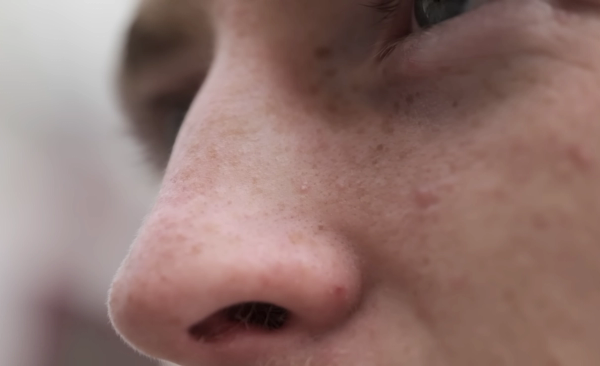How bad is alcohol for cycling performance?
We delve into the science to get the answers.
James Howell-Jones
Junior Writer
We’ve all been there: one drink turns into two, which becomes three. Before you know it, you’re waking up with a raging hangover. While nursing a sore head may be your main concern, could all of that alcohol you’ve consumed also be negatively affecting your cycling performance?
After all, many athletes abstain from alcohol entirely in a bid to maximise their performance. But should they and, just as importantly, should you? We’ve delved into the science of it all to find out.

© GCN
No harm in a cheeky libation, right?
Effects of alcohol on the human body
Before considering its effects on cycling performance, it’s important to understand how the human body processes alcohol.
Most alcoholic drinks contain one type of alcohol, ethanol. When you drink, this alcohol is metabolised. Some of it gets broken down and digested by the stomach, but the majority is digested, broken down, and metabolised by the liver. This is mainly done by an enzyme called alcohol dehydrogenase which breaks down the ethanol and turns it into a compound called acetaldehyde.
Acetaldehyde is nasty. Really nasty. It's the main culprit behind the dreaded hangover and also affects the body in a number of other ways, such as inhibiting the production of testosterone, a key hormone for growth and repair. Fortunately, the body comes to the rescue to produce another enzyme called aldehyde dehydrogenase which breaks down the acetaldehyde into acetic acid. Overall, though, these processes are not healthy.
Effects of alcohol on cycling performance
Our bodies respond differently to alcohol, so the impact it has on cycling performance varies from person to person due to various factors like age, sex and genes. As a result, some people can tolerate and break down alcohol much easier than others.
Alcohol will reduce your body's ability to recover for a couple of reasons. Firstly, it changes your nervous system, lowering heart rate variability – meaning you can't hit your peak heart rate – while increasing resting heart rate. Both of those things compromise your recovery. The more you drink, the bigger the effect.
Secondly, alcohol is a diuretic – it makes you need the bathroom. Drinking too much can lead to dehydration, which seriously affects the body's ability to recover after long rides.
Regular drinking affects you on the bike, too. Alcohol has a negative effect on the water balance in cells, and inhibits gluconeogenesis, a process in which sugar glucose is formed. It prevents these cells from producing adenosine triphosphate or ATP, which is the energy your muscles need. If your ATP levels go down, then so will your endurance. In the longer-term, low ATP levels will diminish your body's ability to perform and recover on a regular basis.
Is it all bad?
Alcohol has taken a bit of a beating there! It’s easy to understand why many athletes abstain from it. Before you clear your cupboards of the stuff, there are some advantages to consider (only when alcohol is consumed in moderation!).
For a start, alcohol relieves stress by increasing uptake of a neural-transmitter called GABA. We’re delving deep into the science again here but, essentially, GABA reduces many negative feelings such as anxiety and stress. Add this to the enjoyment and social interaction humans get from alcohol and there are some genuine benefits. Happy cyclists are fast cyclists, after all.
The benefits also vary depending on the type of alcohol. There’s good news for those who drink red wine, which contains compounds which are beneficial to microbes in the gut. Some studies have shown that the microbiomes of red wine drinkers are healthier and more diverse than those of non-red wine drinkers. Why does it matter? A more diverse, healthier microbiome is considered to be one of the best markers we have for long-term health. It may not have a direct impact on it, but greater long-term health can only be beneficial to cycling performance.
On the whole, though, there are a lot more disadvantages to drinking alcohol than there are advantages, and your health certainly won't suffer if you skip the sauce.

© GCN
Some studies show that red wine is good for the gut
So what does it all mean for you?
Alcohol is a drug that changes a lot of things in your body, and increasingly science is telling us that drinking it isn't a good idea. In January 2023, the World Health Organisation declared that there is no healthy amount of alcohol consumption – something to think about for any of us who drink regularly.
If you’re a professional cyclist pushing the limits of performance, abstaining from alcohol is a good idea. However, most of us aren’t. Alcohol might not be fantastic for your health, but having the odd drink now and again shouldn’t have too much of an impact on your health or your cycling performance.










